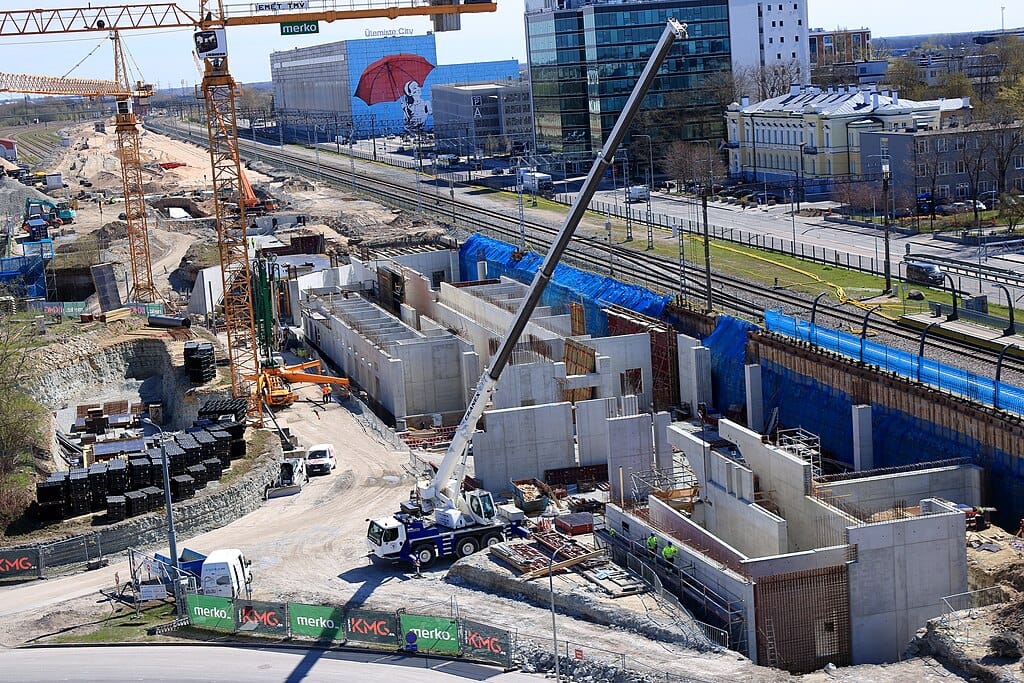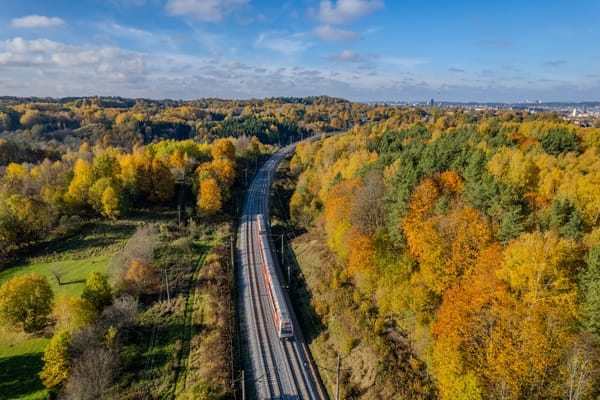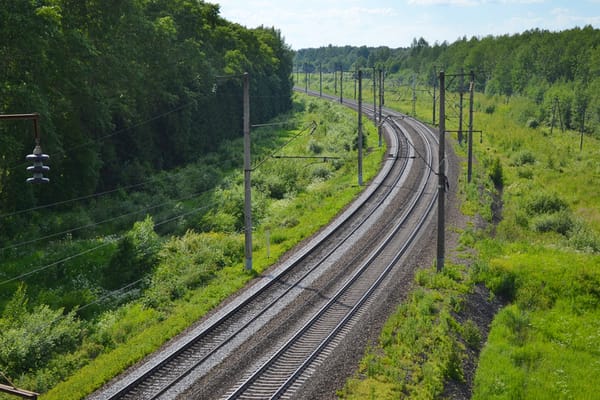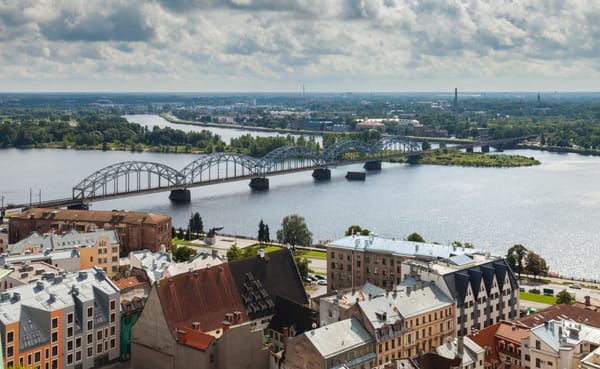
Estonia reduces Rail Baltica scope, sets 2030 deadline
The Estonian Climate Ministry said on 14 August that the country’s section of Rail Baltica (RB) will be completed in 2030, but with significant reductions in scope to limit costs. By 2030, the railway is expected to be operational from Tallinn, north Estonia to the Lithuania-Poland border, but with several compromises in construction.
Estonia's revised plan includes single-track lines rather than double-tracked, partial electrification and signalling, fewer viaducts and scaled-back station constructions. The passenger terminals at Ulemiste, north Estonia, and Parnu, south west Estonia, are still planned but may be adjusted, Deputy Secretary General for Mobility at the Estonian Climate Ministry Sander Salmu said.
Strategic project under strain
RB is the largest infrastructure project in the Baltics since independence, designed to connect Tallinn, north Estonia, Riga, north Latvia, and Vilnius, south-east Lithuania, to the European standard-gauge network. The railway has also been described as a NATO corridor.
Estonia’s first-phase costs are EUR 3.1bn, of which around EUR 1.5bn is covered. A shortfall of EUR 1.76bn remains, with financing possible via the EU’s Connecting Europe Facility (CEF), greenhouse gas trading revenues or debt issuance.
Funding gap, political push
A joint audit by the supreme audit institutions of Estonia, Latvia and Lithuania last June warned that RB faces a budget shortfall of EUR 10-19bn across the three states. Even in a reduced scenario, Estonia will still need EUR 1.8bn in additional financing.
"Since construction costs change over time, it's understandable that the total cost estimate must be updated as new data becomes available and the project progresses," the report said.
The European Commission (EC) adopted milestones for RB’s completion on 9 July 2025. Baltic transport ministers had reaffirmed their commitment in May 2025, citing economic and military factors. Former Latvian transport minister Kaspars Briskens has stated that “Rail Baltica is not only about connectivity but also about security.”
Construction contracts proceed
Despite cuts, construction is advancing. Spanish group Ferrovial’s subsidiary Budimex signed a EUR 332mn contract on 24 March 2025 to design and build a 58km section between Parnu and the Latvian border. Trains are planned to run at up to 249km/h.
Other contracts cover bridges, earthworks and early terminal works. Ancillary facilities, including smaller stations and viaducts, look likely to be deferred beyond 2030.
The revised plans confirm RB will open within five years, but compromises on capacity and passenger experience raise doubts over whether the EUR 870km railway will meet its original ambitions. As of April 2025, 144 people were working on the project in Estonia; that payroll is expected to have increased to 215 by the end of 2030, Estonian state broadcaster ERR wrote.




